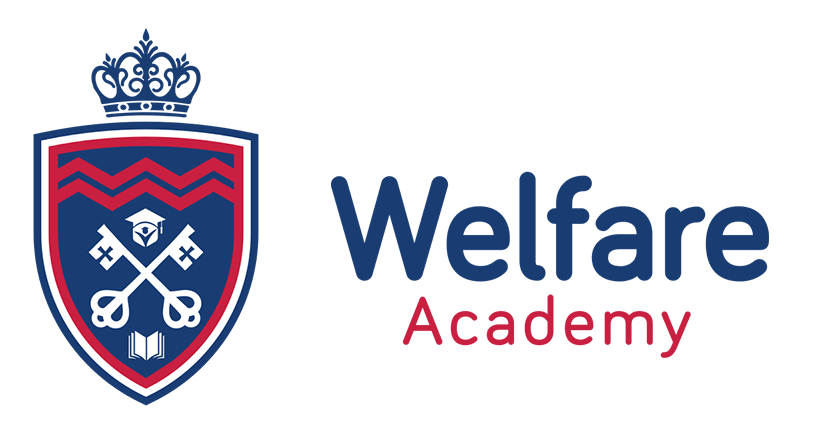
About Course
Epilepsy Training
This Epilepsy Training Course provides a comprehensive understanding of epilepsy, its causes, symptoms, seizure types, and management strategies. Designed for healthcare professionals, caregivers, and individuals working with people affected by epilepsy, this course equips learners with the knowledge to recognize, support, and appropriately respond to epileptic seizures. By exploring epilepsy’s history, prevalence, and available treatments, participants will gain insights into how to improve patient care and safety.
Key learning objectives include:
-
Understanding Epilepsy:
-
Defining epilepsy and distinguishing it from other neurological conditions.
-
Exploring the different causes of epilepsy, including genetic, structural, and metabolic factors.
-
Understanding the brain’s electrical activity and how it relates to seizures.
-
-
Seizure Types and Classification:
-
Identifying and differentiating between the various types of seizures (e.g., focal seizures, generalized seizures).
-
Recognizing how different types of seizures affect the body and the mind.
-
Learning about seizure classifications, including simple partial, complex partial, and generalized seizures.
-
-
Epilepsy Diagnosis:
-
Gaining knowledge of the diagnostic process, including neuroimaging and electroencephalogram (EEG) studies.
-
Understanding the importance of early diagnosis and its impact on treatment outcomes.
-
-
Treatment and Management:
-
Exploring the different treatment options, including medication, lifestyle changes, surgery, and alternative therapies.
-
Understanding the role of antiepileptic drugs (AEDs) and their side effects.
-
Discussing new advancements in epilepsy treatments such as neuromodulation and surgical interventions.
-
-
Seizure First Aid and Safety:
-
Learning how to respond to a seizure safely and calmly, including the correct positioning of the person and ensuring their environment is safe.
-
Understanding when to seek medical help and recognizing when a seizure is an emergency (e.g., prolonged seizures, status epilepticus).
-
Developing strategies to prevent injuries during a seizure.
-
-
Psychosocial Aspects of Epilepsy:
-
Addressing the emotional and mental health challenges often faced by people with epilepsy, including stigma, isolation, and anxiety.
-
Understanding the importance of a supportive environment in managing epilepsy.
-
Exploring how caregivers and family members can provide effective support.
-
-
Epilepsy and Co-occurring Conditions:
-
Recognizing common comorbidities in people with epilepsy, such as depression, cognitive impairments, and sleep disorders.
-
Discussing strategies for managing co-occurring conditions alongside epilepsy.
-
-
Patient-Centered Care:
-
Developing skills for communicating effectively with patients, including providing education about epilepsy and treatment options.
-
Emphasizing the importance of empowering patients and families in their care journey.
-
Creating individualized care plans that account for the unique needs and preferences of people with epilepsy.
-
-
Legal and Ethical Considerations:
-
Discussing the legal rights of individuals with epilepsy, including issues related to driving, employment, and discrimination.
-
Understanding the ethical responsibilities of healthcare providers in ensuring quality care and patient advocacy.
-
-
Advocacy and Raising Awareness:
-
Learning about the role of healthcare professionals, caregivers, and individuals in advocating for better epilepsy awareness and support.
-
Understanding the importance of public education in reducing stigma and improving societal perceptions of epilepsy.
-
By the end of the course, participants will have gained practical skills and knowledge to confidently manage epilepsy in both clinical and home settings, enhancing the quality of life and safety of individuals living with epilepsy.
Course Content
Introduction to Epilepsy
-
Introduction to Epilepsy
-
Quiz on Introduction to Epilepsy

